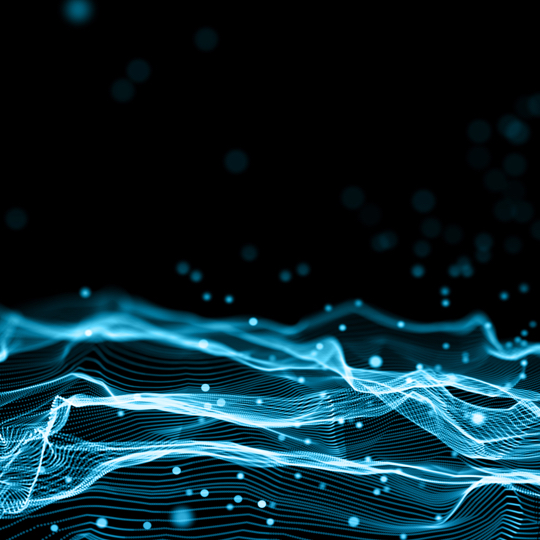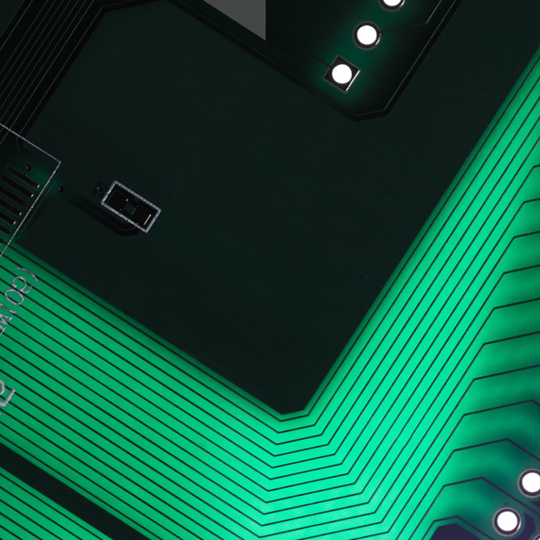There are many challenges, both practical and theoretical, in the emerging and exciting areas of quantum information and computing, which seek to make effective use of the information embedded in the state of a quantum system, and promise to solve previously intractable computational problems and revolutionize simulation.
The greatest challenges are the development of hardware and algorithms.
The first challenge is, of course, an engineering problem and relates to the need for large numbers of qubits, greater connectivity, lower error rates, longer coherence, and lower cost, to name a few.
The second challenge is where the mathematical sciences will play a fundamental role, and relates to the need to come up with algorithms that will make quantum computing work. The algorithms used for classical computing, which are based on mathematics and logic, do not work, and need to be replaced by the physics of quantum mechanics.
New theory is required to understand the advantages and limitations of quantum media. This includes the development of quantum cryptography promising “unhackable” communications, new quantum algorithms with the promise to solve previously intractable computational problems and to revolutionize simulation, remote verification, and the study of random circuits for benchmarking. In other words, there is a pressing need to develop a quantum Turing machine.
The fundamental challenges are to advance the understanding and prediction of qubit materials that are needed for the next stage of quantum computing, and to uncover the possibility of delegating a quantum computation to a quantum device in such a way that the final outcome can be verified on a classical computer. New directions that need to be pursued as the theory advances are the security of proposed post-quantum cryptosystems, which are based on ideal lattices and on elliptic curve isogeny. The question is whether there exists a deep mathematical structure that can be exploited by quantum algorithms to break these cryptosystems. Another important direction moving forward is very efficient quantum error-correcting codes and fault-tolerant quantum computing. This area is due for a major new push in view of more physically relevant error models derived from experiments, as well as an expanded focus on efficiency. This may be intimately related to coding theory.
At the moment, quantum information theory draws inspiration from many different aspects of mathematics and statistics, including mathematical physics, representation theory, operator and random matrix theory, algebraic geometry and general quantum algebra, statistical inference and Monte Carlo methods, high-dimensional statistics and compressed sensor algorithms.
This general subject is very cross-disciplinary with critical inputs from mathematics, statistics, computer science, information theory, physics, engineering and others. Given the significance of information processing and communication in modern society, the potential of quantum computing and quantum information cannot be understated.




